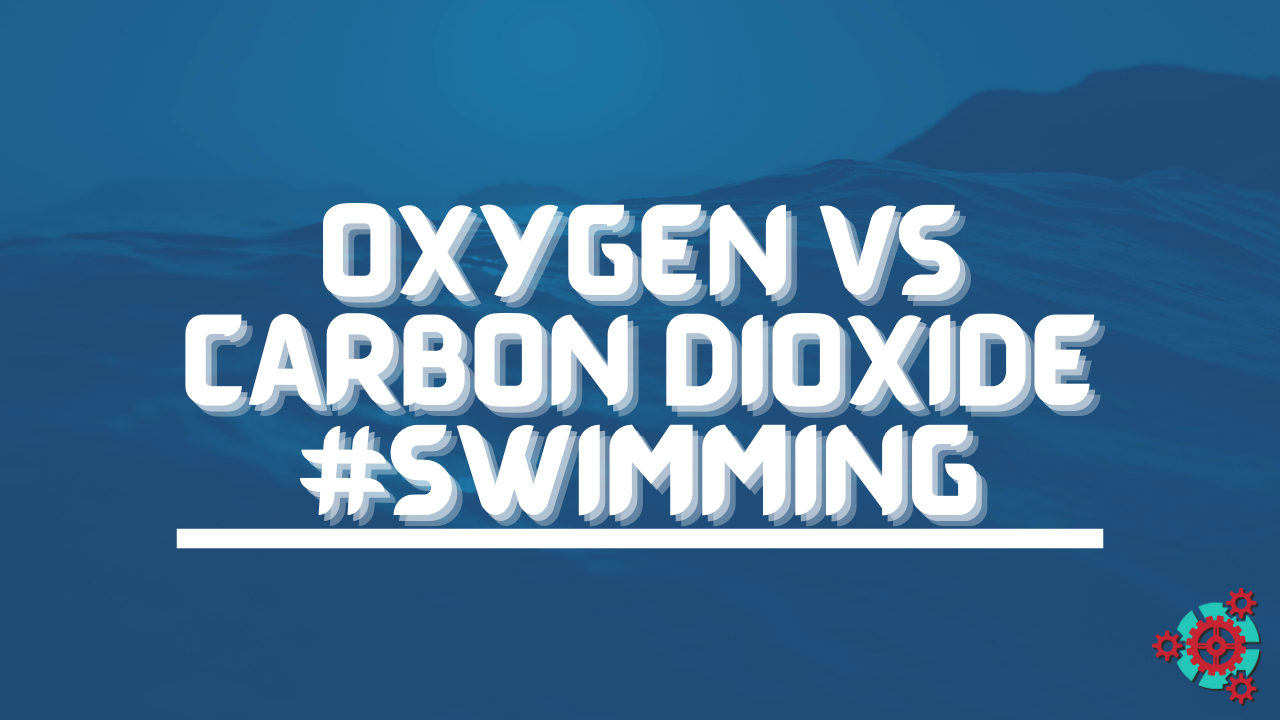Want to know the secret to staying under water longer?
It all comes down to the way you breathe, and this is why I often don't teach breathing until further down the line in swim lessons with clients. I focus on the movement aspects, before I ever teach how to turn your head, or come up for air.
Why + Philosophy:
Why is something so simple, and fundamental to our lives, then so complicated? For one, in the context of this newsletter we are talking about swimming, which adds a layer of complexity to it. As you obviously can't breathe underwater.
Additionally, there is this mentality you need to have in order to push past your breakpoint. I often call the moment of "micro-panic", but breakpoint has a nicer ring to it. It doesn't matter your age, as it happens to everyone (including me).
The way to increase your longevity underwater is to delay the breakpoint as long as possible, and then to trick yourself into thinking you've done it. Let me explain...
How + Physics:
When you breathe in you take in Oxygen, which our bodies need for a variety of purposes. However when you breathe out, then you exhale carbon dioxide that your body produced.
Now this is essentially science that we learn in middle school, or even earlier. Although it is something easily forgotten as we get older. Often with kids too when I teach them I use the terms "good air" and "bad air" respectively to describe the notion.
The way I see the breakpoint is two fold:
- The stage of HOLDING your breathe.
- The stage of slowly BLOWING OUT your breathe.
What + Psychology:
In order to achieve this you have to stay calm in mind, and translate that to calm in the body. If your brain freaks out, then so will your body. However the mind-body connection is a two way street, which is something most people often forget.
The signals that send to the brain come from a variety of sources. It isn't fully confirmed whether it is the blood, muscles, or even brain asking for more oxygen in the moment. Although the video attached stated that it is possibly the diaphragm.
In any case by subtlely blowing out air through your nose, then you'll be able to subvert that "breakpoint" moment.
Conclusion
Whether you are just a beginner, or someone who has been doing this for a long time. Reminding yourself that you can go for longer, and keeping a cool head is key to pushing your limits.
The past few posts have been around how to breathe, and now we are moving on from this subject.

Disclaimer:
This is advice for people to level up their swimming, or perhaps get started in the first place. While you swim you should make sure you are doing so in a public facility with a lifeguard on duty for safety.
![Official Website for Dustin Miller PolyInnovator [LLC]](https://polyinnovator.space/content/images/2025/03/polyinnovator-logo-2024.png)












